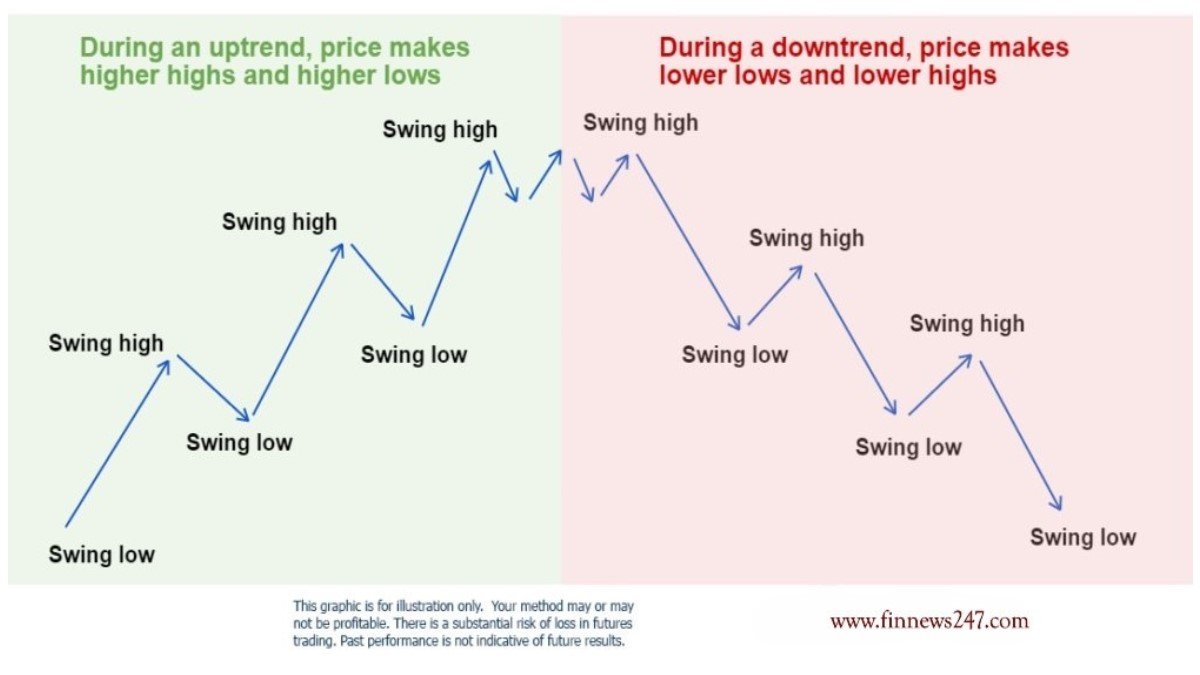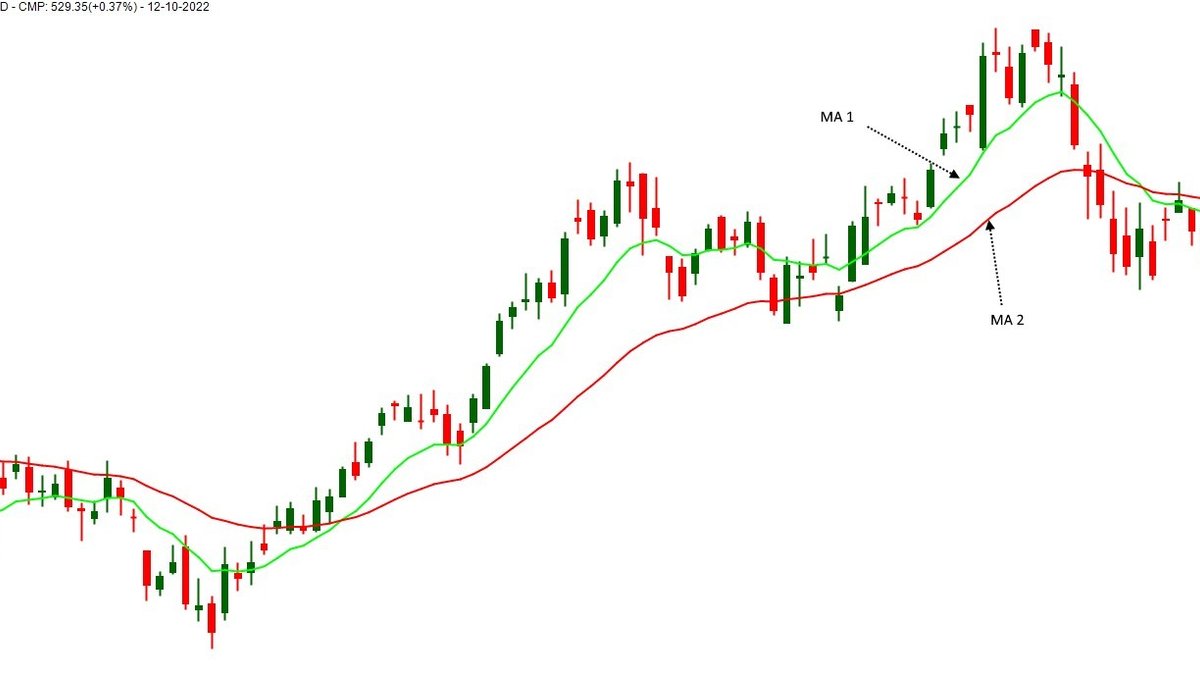Tracking crypto taxes is a practical task, not a theory exercise. This guide gives a step-by-step workflow, sample bookkeeping templates, worked examples, and a practical process for using tax tools so you can prepare accurate reports with confidence.
1. What events are taxable
- Selling crypto for fiat (e.g., selling BTC for USD): a capital disposal event.
- Crypto-to-crypto trades (e.g., BTC → ETH): treated as a disposal of the sold asset at market value at the time of trade.
- Staking rewards, airdrops, forks, liquidity mining: usually treated as ordinary income at the moment you receive them, at market value.
- Spending crypto to buy goods or services: treated as a disposal of the tokens spent (compute gain/loss).
- Holding (doing nothing) is generally not taxable until a disposal occurs.
2. Minimum bookkeeping fields
Your CSV or ledger should contain these core columns:
timestamp,txid,type,exchange_or_wallet,asset,amount,fee,fee_asset,fiat_value,fiat_currency,notes
Example line:
2025-06-01T12:00:00Z,tx12345,buy,Binance,BTC,1.000000,0.0005,BTC,10000,USD,"Buy via limit"
fiat_value is the value in fiat at the transaction time. Always record the fiat currency (USD, VND, EUR, etc.).
3. Daily / weekly / monthly workflow
- Daily: export new transactions from exchanges and wallets; check for missing or duplicate rows.
- Weekly: reconcile on-chain balances vs. exchange balances to catch pending or cancelled transfers.
- Monthly: update reference prices for illiquid tokens and confirm fees are recorded correctly.
- Year-end: run the full gains & income report per the chosen accounting method (FIFO/HIFO), export for your accountant.
4. How to compute gains & losses (basic rules + examples)
Choose a cost-basis method that your jurisdiction accepts and apply it consistently: FIFO (first-in-first-out), LIFO, HIFO. Many countries require FIFO. Below are examples using FIFO.
Example A — Buy and sell BTC (FIFO)
- 2025-01-01: Buy 1.0 BTC at $10,000; fee $50. Cost basis = $10,050.
- 2025-03-01: Sell 0.4 BTC at $6,000; fee $30. Proceeds = $6,000 − $30 = $5,970.
Cost basis of sold portion = 0.4 × $10,050 = $4,020. Capital gain = $5,970 − $4,020 = $1,950.
Example B — BTC → ETH (crypto-to-crypto)
If you trade 1 BTC for 15 ETH when ETH = $400, market value received = 15 × $400 = $6,000. That $6,000 is the proceeds for disposing of 1 BTC. Compute gain/loss on the BTC using that $6,000 proceeds. The ETH you receive has a new cost basis of $6,000.
Fees
Fees may be added to cost basis when buying or deducted from proceeds when selling depending on local rules. Record fees as separate fields and let your tax tool or accountant apply the correct treatment.
5. Income events: staking, airdrops, forks
- When you receive staking rewards, record the number of tokens and the fiat value at receipt. That value is usually treated as income.
- Example: You receive 10 XYZ tokens as staking rewards and XYZ market price is $5 each. Record $50 as taxable income and set the 10-token cost basis to $50 total.
- Later, if you sell 5 tokens for $8 each, proceeds = $40; cost basis of sold tokens = 5 × ($50 / 10) = $25; gain = $15.
6. Using tax tracking tools — practical process
1. Choose the right tool: Koinly, CoinTracker, Accointing, CoinLedger, CryptoTaxCalculator. Compare supported exchanges, cost, and export formats for your jurisdiction.
2. Create account & select accounting method: pick FIFO/HIFO etc., consistent with local law.
3. Import data: connect exchanges via read-only API (disable withdraw rights) or upload CSVs. Add on-chain wallets by address.
4. Reconcile: run import and resolve unmatched transactions. Tag internal transfers, staking, airdrops, fees.
5. Verify: spot-check 10–20 transactions: confirm timestamps, fiat price used, fees, and cost basis.
6. Export reports: capital gains, income report, or tax-form-ready exports (if available for your country).
API tips: grant only read access. When connecting multiple sources, watch for duplicates — many tools provide duplicate detection.
7. CSV template and sample lines
Minimum CSV columns:
timestamp,txid,type,exchange,wallet_from,wallet_to,asset,amount,fee,fee_asset,fiat_value,fiat_currency,notes
Sample lines:
2025-03-01T15:00:00Z,tx-abc123,trade,Binance,Binance,Binance,BTC,0.4,0.0001,BTC,5970,USD,sell 2025-04-10T09:00:00Z,tx-stake789,staking,StakingPool,,mywallet,XYZ,10,0,XYZ,50,USD,staking reward
8. Filing workflow & records to keep
- Export the annual gains/losses report from your tool as CSV and PDF and provide it to your accountant.
- Keep source CSVs, exchange statements, screenshots for large trades, and proofs for airdrops or forks.
- Retain records for the period required by your tax authority (commonly 5–7 years).
9. Complex scenarios — high-level guidance
- DeFi / AMMs / yield farming: treat each contract interaction as one or several tax events (add liquidity = purchase of LP tokens; remove liquidity = disposal + receipts). Export contract interaction history and tag carefully.
- NFTs: buying an NFT creates a cost basis; selling it is a disposal. Account for royalties and platform fees.
- Cross-border activities: if you trade or receive income in multiple jurisdictions get specialist tax advice.
10. Practical tips & common mistakes
- Never store private keys or recovery phrases as photos or in cloud storage.
- Convert each transaction to fiat at the transaction time — do not use a current price for historical trades.
- Watch out for duplicate transactions when you connect multiple APIs or wallets.
- Always test recovery/backups before moving large sums into a wallet.
11. Quick pre-filing checklist
- Export all transactions for the tax year from every exchange and wallet.
- Import into the tax tool and choose your accounting method.
- Exclude internal transfers and remove duplicates.
- Verify staking/airdrop income are recorded as income.
- Export capital gains and income reports and review with your accountant.
12. Closing thoughts
Effective crypto tax tracking is the combination of disciplined recordkeeping and the right automation. Start early, keep raw backups of your data, and run periodic reconciliations. For advanced DeFi strategies, multi-signature setups, or cross-border issues, consult a qualified tax professional to ensure compliance and optimal reporting.
Note: This guide is for educational purposes, not legal or tax advice. Tax rules vary by jurisdiction. Always verify local requirements or consult a tax specialist.







